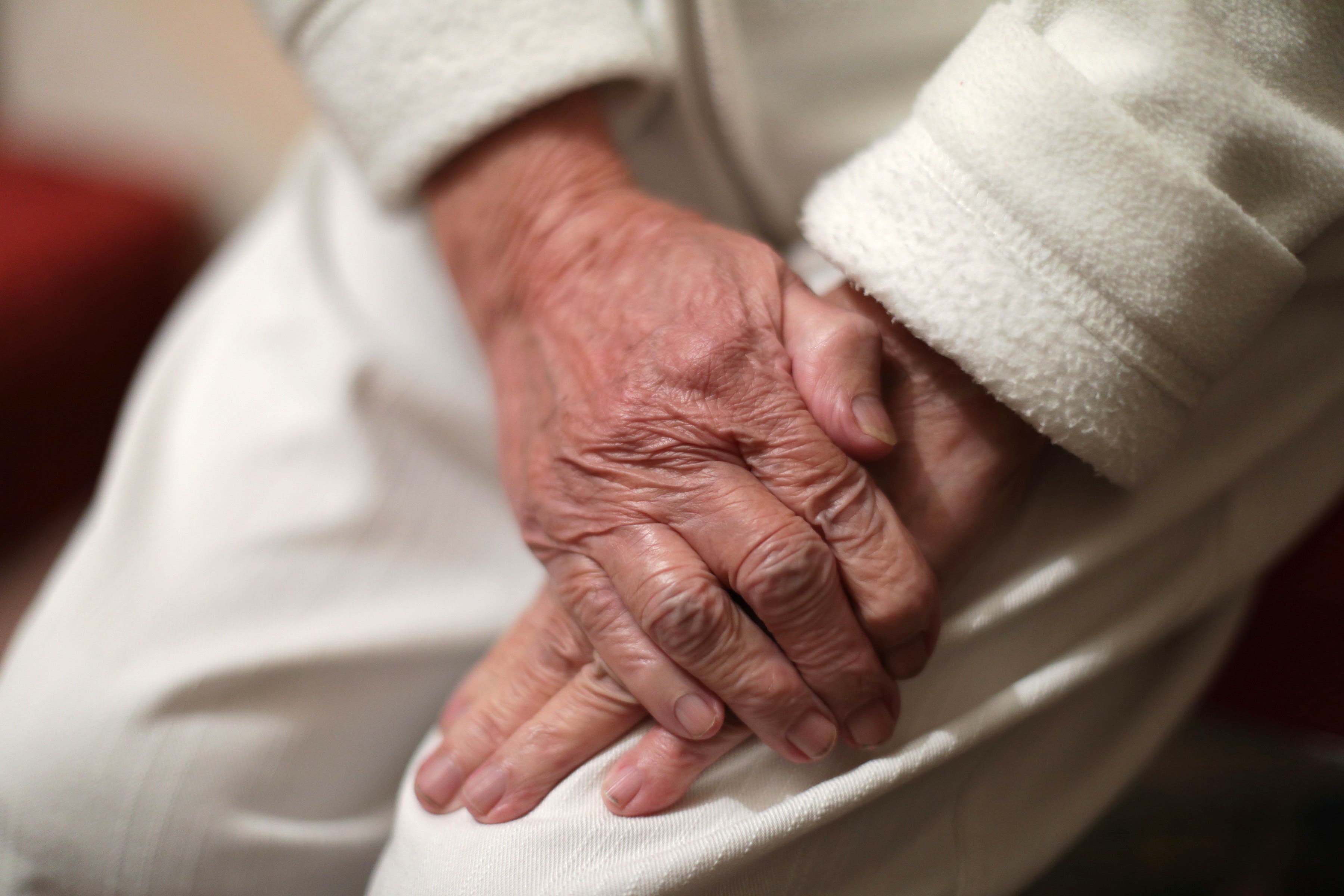Revealed: 11 signs that show if you’ll get dementia in next 14 years
Researchers have developed a tool which can ‘strongly predict’ whether a person will develop dementia

Scientists have identified the 11 strongest predictors for developing dementia.
Researchers have developed a tool which can “strongly predict” whether a person will develop the condition in the next 14 years, by looking at 11 factors.
The factors, including lifestyle and personal features alongside history of illnesses, were found to assess with good accuracy whether or not people in mid-life would go on to develop dementia.
Led by academics at the University of Oxford, scientists examined data on people aged 50 to 73 taking part in two major long-term British studies – the UK Biobank study and the Whitehall II study.
Researchers compiled a list of 28 known factors linked to dementia risk and then whittled it down to the strongest predictors.
This produced a list of 11 predictive factors which were then used to develop the UK Biobank Dementia Risk Score (UKBDRS) tool.
The 11 factors are age, education, a history of diabetes, a history of depression, a history of stroke, parental history of dementia, levels of deprivation, high blood pressure, high cholesterol, living alone and gender.
Researchers also examined these risk factors alongside whether or not people carried a specific gene – APOE gene, which is a known risk factor for dementia.
This risk tool was called the UKBDRS-APOE tool.
During the study period 2% of the people involved with the UK Biobank study developed dementia compared with 3% of those in the Whitehall II study.
They found that UKBDRS-APOE produced the highest predictive score, closely followed by the UKBDRS risk tool, according to the findings, which have been published in the journal BMJ Mental Health.
The scientists suggested that the new tool could be used in future as an initial screening tool for dementia to put people in “risk groups”.
Those who come back with a high probability of developing dementia, according to the risk score, could be prioritised for further tests including cognitive assessments, brain scans and blood tests.
“The UKBDRS may best be used as an initial screening tool to stratify people into risk groups, and those identified as high risk could then benefit from the more time-intensive follow-up assessments described above for more detailed characterisation,” said lead author Dr Raihaan Patel from the University of Oxford.
“There are many steps we would need to take before we can use this risk score in clinical practice.”
“It’s well known that dementia risk, onset, and prevalence vary by race, ethnicity and socioeconomic status.
“Therefore, while the consistent performance of UKBDRS across these two independent groups boosts our confidence in its viability, we need to evaluate it across more diverse groups of people both within and beyond the UK.”
Associate professor Sana Suri, co-lead author from the University of Oxford, added: “It’s important to remember that this risk score only tells us about our chances of developing dementia; it doesn’t represent a definitive outcome.
“The importance of each risk factor varies and given that some of the factors included in the score can be modified or treated, there are things we can all do to help reduce our risk of dementia.
“While older age (60 and above) and APOE confer the greatest risk, modifiable factors, such as diabetes, depression, and high blood pressure also have a key role. For example, the estimated risk for a person with all of these will be approximately three times higher than that of a person of the same age who doesn’t have any.”
Subscribe to Independent Premium to bookmark this article
Want to bookmark your favourite articles and stories to read or reference later? Start your Independent Premium subscription today.

Join our commenting forum
Join thought-provoking conversations, follow other Independent readers and see their replies